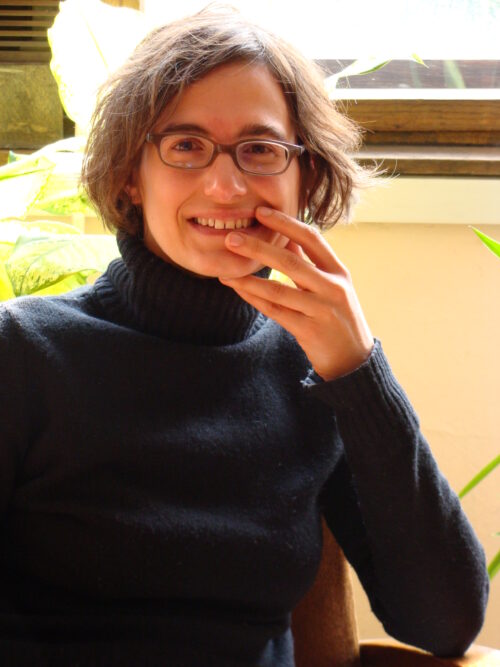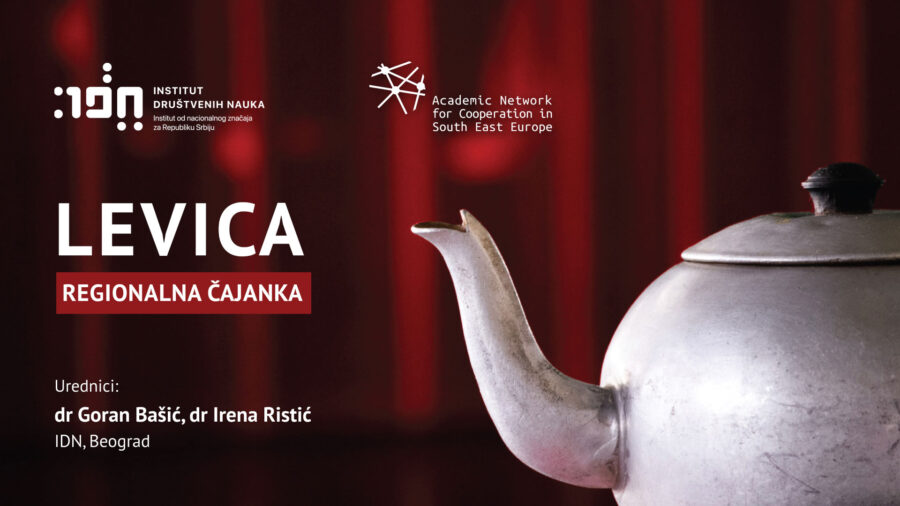As part of the lecture series Regional Tea Party, on July 5 at 12h at the Institute of Social Sciences, Irena Ristić will speak about the relation between the left and war.
The first part the lecture will be devoted to the standpoint of the left towards war and violence from a historical perspective, while in the second focuses on the attitude of the European left towards the war in Ukraine. Based on that example, I.Ristić will point out the main political and ideological dilemmas, challenges and divisions of the contemporary left regarding wars and the legitimization of violence.
One of the basic principles of the political left is anti-militarism. Historically speaking, this notion, however, cannot fully explain the complex relationship of the left towards war in the narrow sense, nor towards violence in a broader sense. During the 19th century, the left has opposed war, primarily because the wars of that time were conflicts between empires fought for hegemonic supremacy, which the left itself rejected.
When in the 20th century empires began to disappear, and when the predominant causes of wars in Europe became national conflicts/interests, different ideologies and worldviews, leftist movements started to take a stand and even to participate in wars, be it civil wars (Spain), global wars (World War II) or anti-colonial liberation wars. During the last decades of the 20th century, and especially with the end of the Cold War and the beginning of the dominance of the (neo)liberal order, but also as a consequence of the standardization of the so called third generation of human rights, the left stopped acting only reactively and started actively advocating military interventions, i.e. military participation (Kosovo 1999, Ukraine 2022) .
The lecture is organized in cooperation with the Academic Network for Cooperation in Southeastern Europe. It will be moderated by Goran Bašić.
 Irena Ristić is a research associate at the Institute of Social Sciences in Belgrade. She deals with the dynamics of the state and nation building process both in Serbia in the 19th century and in the post-Yugoslav states, with a special interest for the roots of anti-Western/anti-European attitudes, as well as for nationalism among the so-called small/non-imperial nations. Among her recent publications is the edited volume Resetting the Left in Europe: Challenges, Attempts and Obstacles.
Irena Ristić is a research associate at the Institute of Social Sciences in Belgrade. She deals with the dynamics of the state and nation building process both in Serbia in the 19th century and in the post-Yugoslav states, with a special interest for the roots of anti-Western/anti-European attitudes, as well as for nationalism among the so-called small/non-imperial nations. Among her recent publications is the edited volume Resetting the Left in Europe: Challenges, Attempts and Obstacles.

